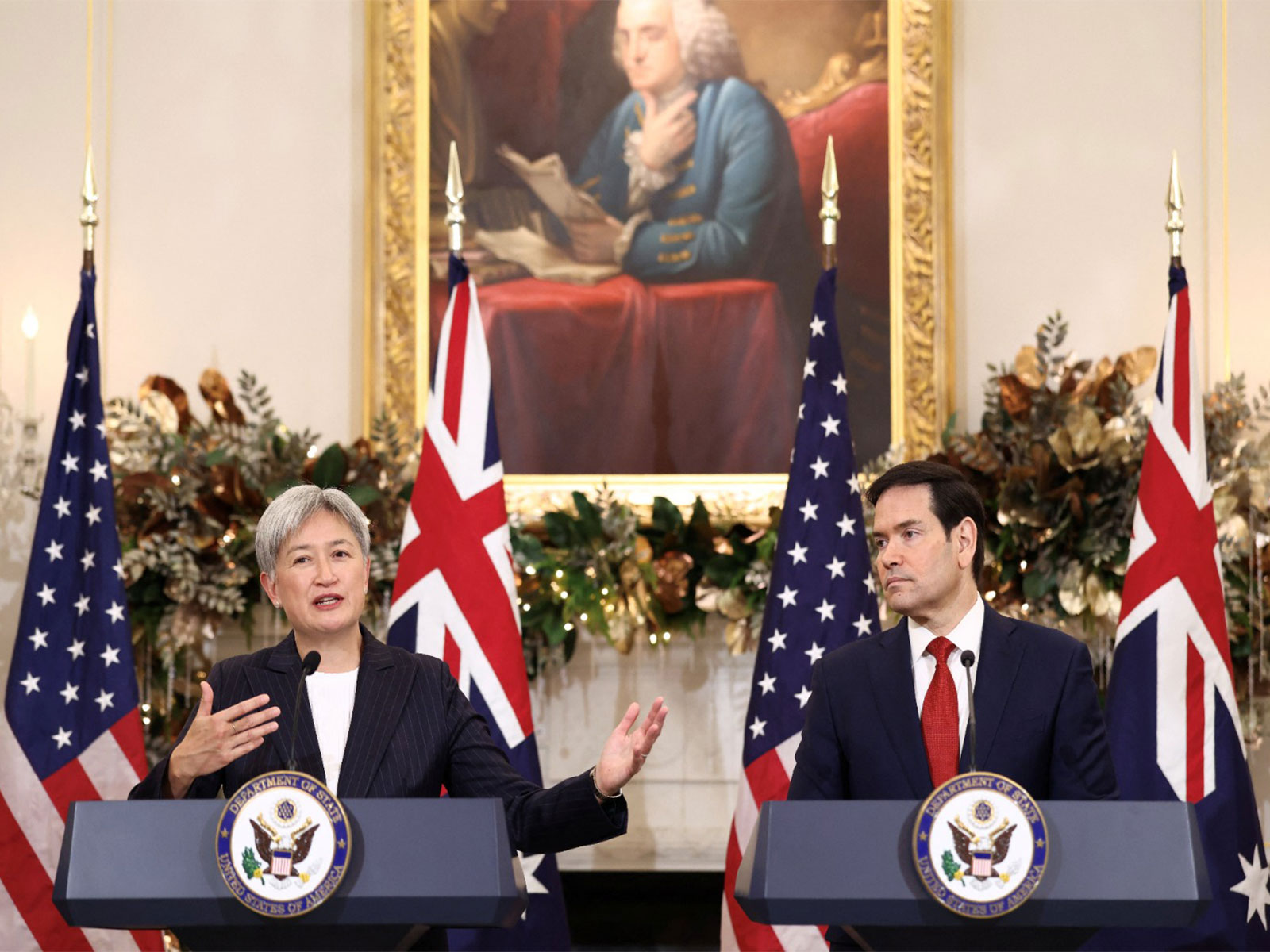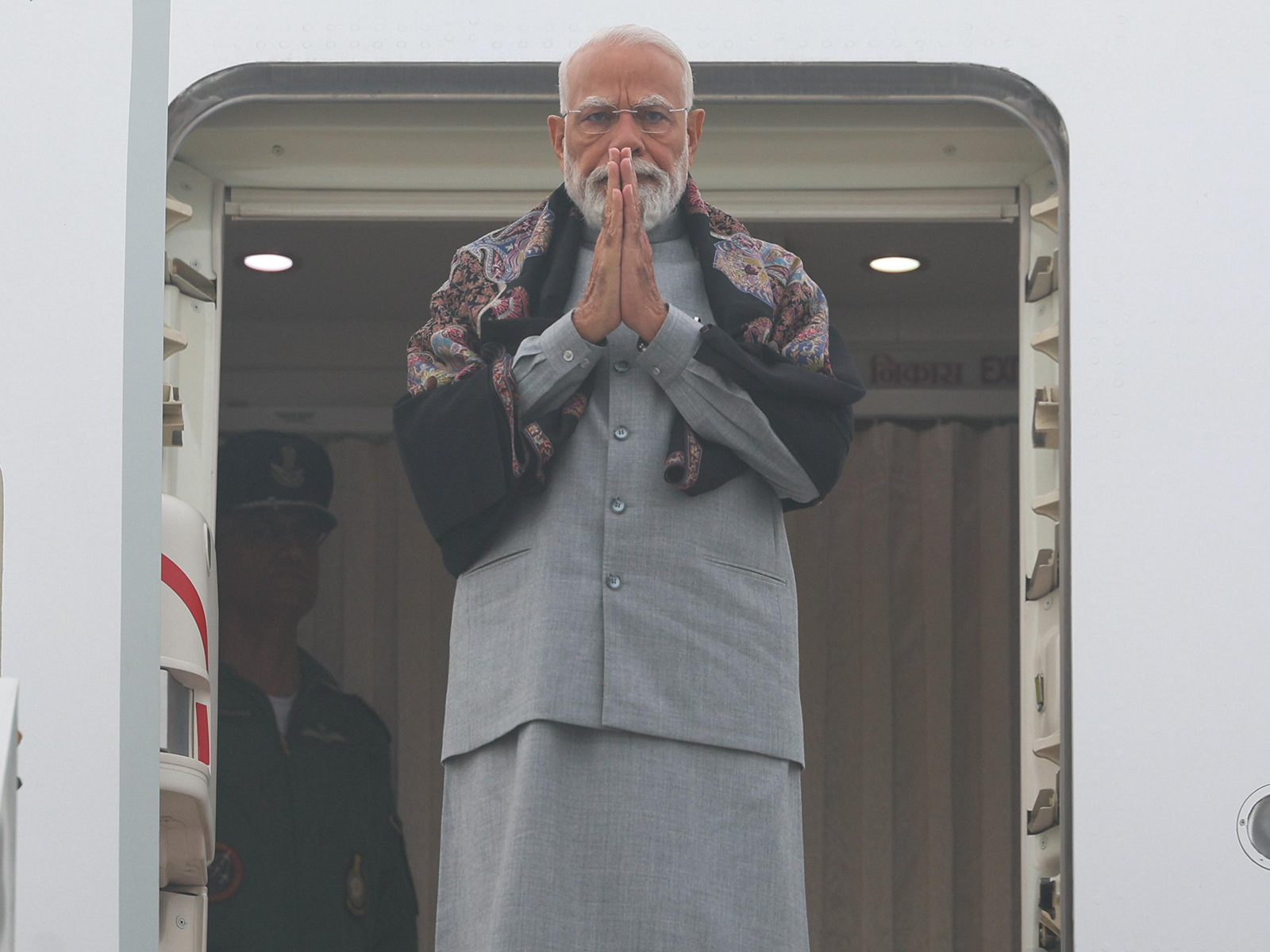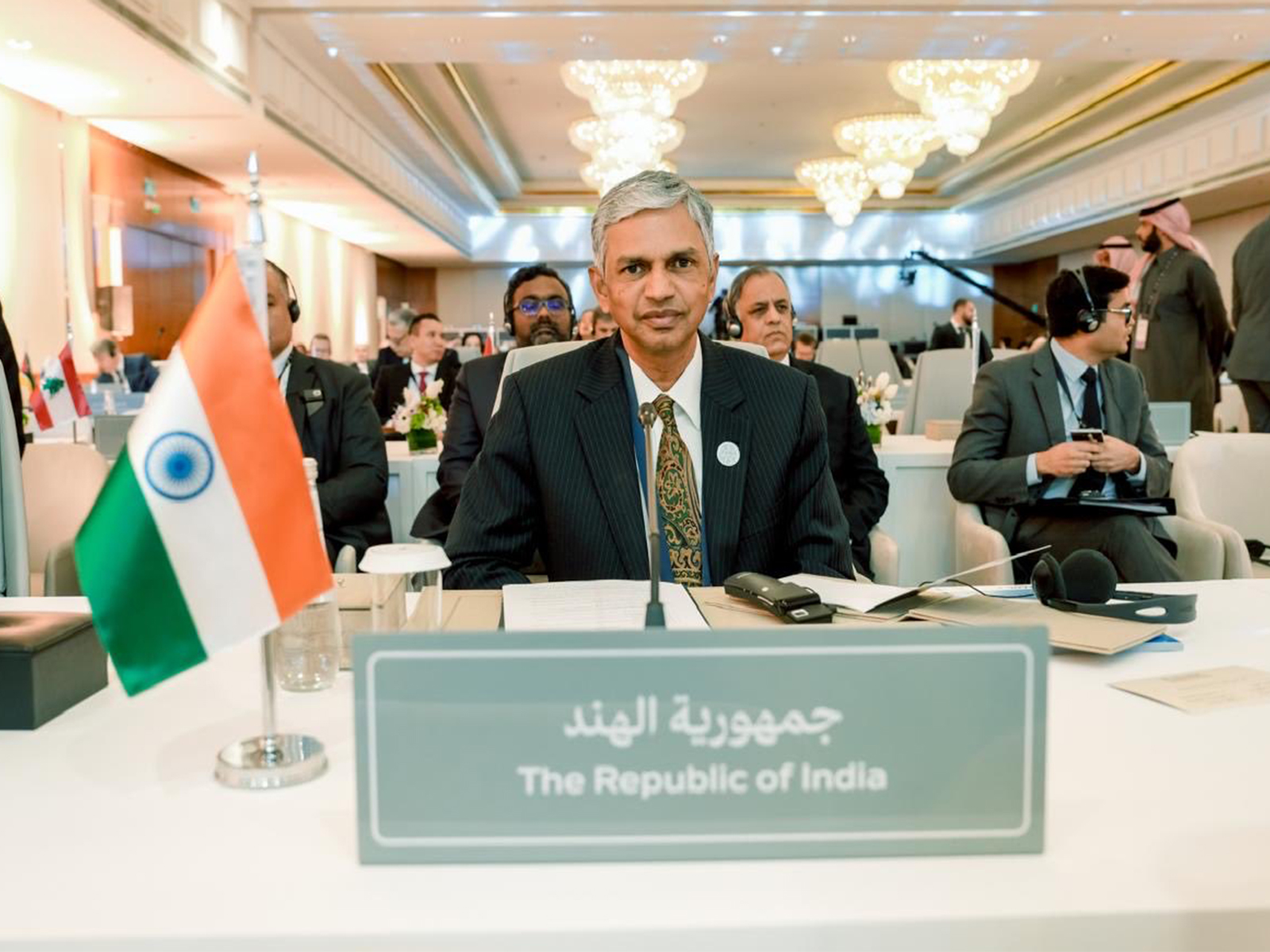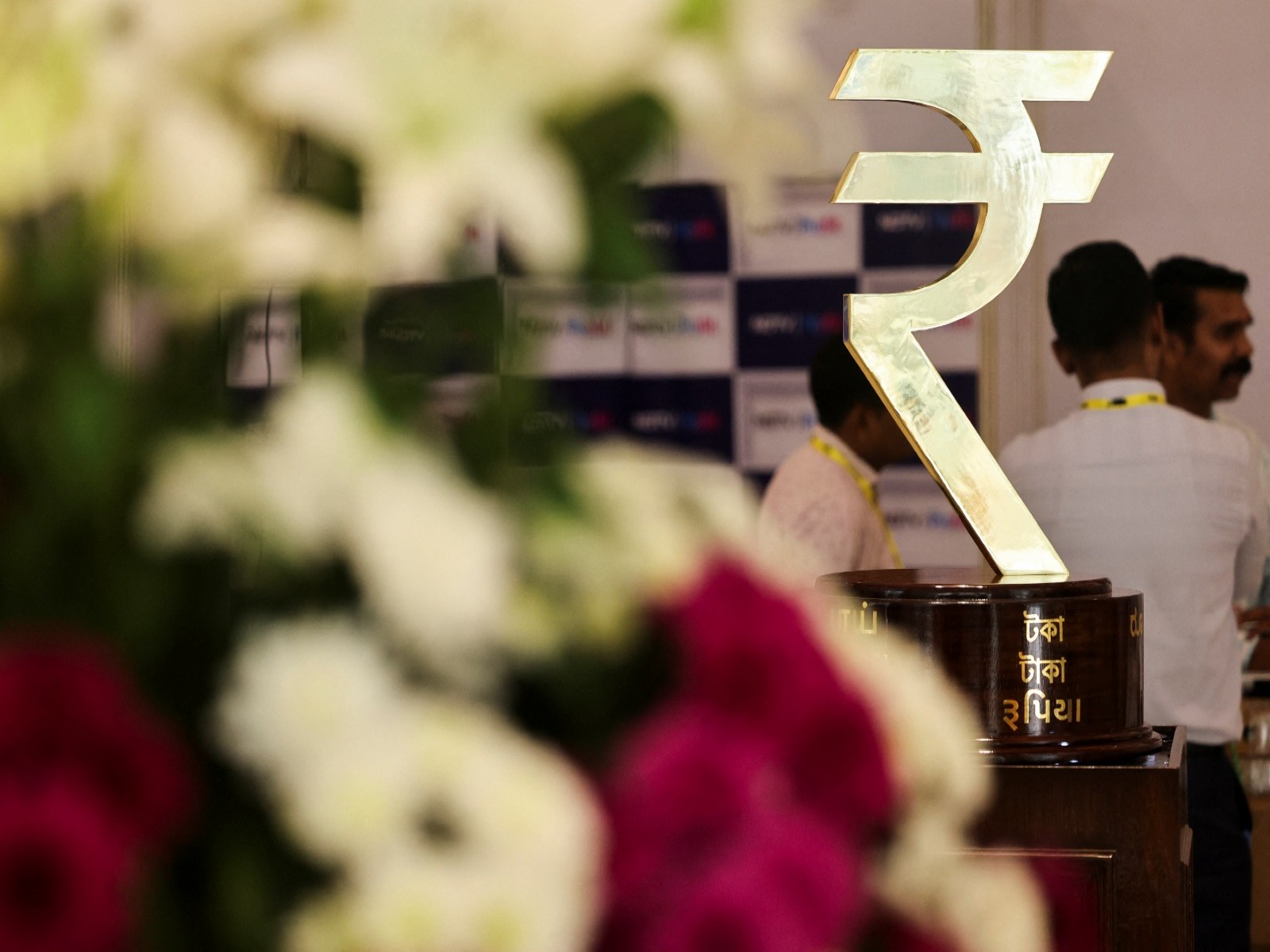'Pakistan witnessing rapid breakdown of its internal administrative machinery'
May 17, 2021

Islamabad [Pakistan], May 17 : Pakistan has been witnessing a rapid breakdown of its internal administrative machinery as its police and security forces have failed to control the countrywide violence engineered by the supporters of the radical Islamist party -- the Tehreek-e-Labbaik (TLP) Pakistan.
In an opinion piece in Global Watch Analysis, Roland Jacquard, Chairman of Roland Jacquard Global Security Consulting (RJGSC), wrote that Islamic jihadi groups in Pakistan that were created and sustained by the Pakistan Army to launch a proxy war against India, have become too powerful to be kept on a "leash and even dictating foreign policy decisions".
His remarks come in wake of anti-France protests in Pakistan where the supporters of now banned TLP took to the streets to protests against France over caricatures of Prophet Muhammad.
The protests soon turned violent and exposed the grim security situation in Pakistan.
Jacquard said that the Pakistan government's mishandling of the anti-France protests, as well as the initial tacit support of Prime Minister Imran Khan and other members of his cabinet to the blasphemy charges levelled by the TLP against French President Emmanuel Macron, has not gone down well in Paris.
"Pakistan has been witnessing a rapid breakdown of its internal administrative machinery, with its police and security forces unable to control the countrywide violence engineered by the supporters of the radical Islamist party the TLP that has been demanding the ouster of the French Ambassador and halting of trade relations with France. While the spotlight is on the grim domestic security situation with the government being held hostage by the TLP, the condition of its economy and its diplomatic standing is no better," he said.
The recent incidents of violence have revealed the inability of the Pakistan government to "vouch for the safety of French nationals living in the Muslim-majority nation, compelling France to issue an advisory for its citizens to leave Pakistan temporarily", he added.
During the violent protests last month, hundreds of protesters and police personnel were injured and thousands of TLP activists and supporters were arrested and booked for attacking law enforcement personnel and blocking main roads and highways.
The banned group had demanded the expulsion of the French ambassador and a boycott of French goods after Charlie Hebdo republished its Muhammad cartoons in September last year.
Several police vehicles were torched, buildings were attacked and policemen were kidnapped and tortured by the activists of the TLP across the Punjab province.
Arab News reported that at least six policemen were killed and over 800 were injured, citing official figures.
Jacquard asserted that the developments over the last few weeks have come as an "eye-opener" to many in France on not only the deep roots of Islamist radicalisation in Pakistan but also the incapacity of the Pakistani establishment to openly challenge and "thwart the unreasonable demands of Islamist groups, even though it hurts the economy or foreign relations of Pakistan".
"Islamic jihadi groups that were created and sustained by the Pakistan Army to launch a proxy war against India, have become too powerful to be kept on a leash and even dictating foreign policy decisions," he wrote.
He reminded that this is not a completely new phenomenon as the Indian policy of successive Pakistani governments have been held hostage by the country's Army and over the last decade by jihadi groups, who have incited anti-India and anti-West public opinion while playing 'Islam under threat' card.
With anti-French sentiments running high, Jacquard said that french diplomats should not expect the Pakistan government to take a rational stand on the issue.
"Therefore, for French foreign policymakers to understand Pakistan's actions or inactions on the present diplomatic row caused by the TLP, one just needs to observe the country's repeated flip flop on its India policy, that has been guided more by popular sentiments even at the cost of hurting Pakistan's interests," he said.




















